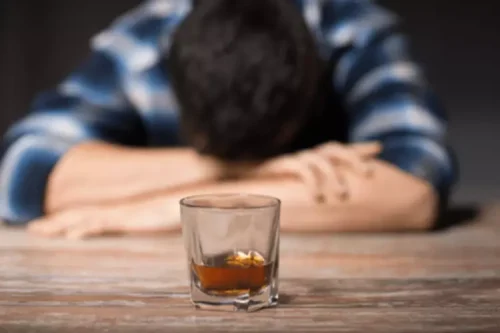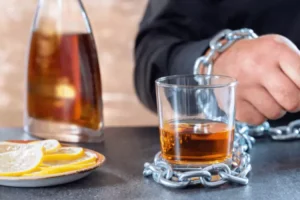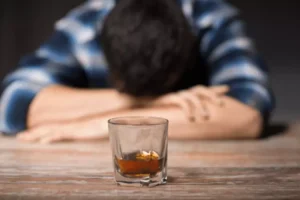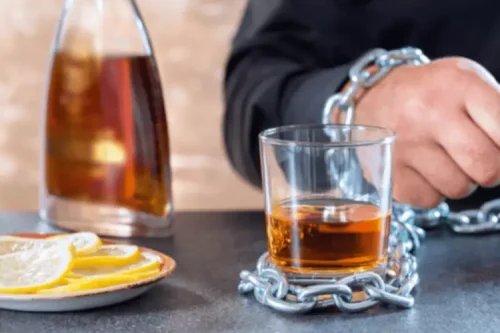
In the context of mental health conditions, internal triggers are the cognitive and emotional cues that lead to a relapse of symptoms. For example, negative thoughts and feelings might trigger a relapse of drug or alcohol use. Such feelings can include celebratory feelings, passion, and internal and external triggers excitement.
- Healthier practices need to replace these negative internal processes in order to help people succeed in their path to a substance-free life.
- Get professional help from an online addiction and mental health counselor from BetterHelp.
- When stress levels rise, the brain’s prefrontal cortex, responsible for cognitive control and stress regulation, is inhibited, making it harder to manage impulses and make informed decisions.
- Triggers can cause individuals to develop a “flight or fight response.” Since this reponse can cause great distress and anxiety, it is often suggested for those struggling to get help.
- Some can push individuals to adopt unhealthy ways of coping, such as self-harm, harm to others, and substance abuse.
Reducing Relapse Risk
A person can find alternative routes to avoid high-risk places, such as places where they used to meet their dealers or bars where they used to binge drink. While some people may not understand your actions, over time they will have to learn how to respect your choices. Uplift Recovery Center provides you with recovery in a loving, professional environment.
Recognizing Relapse Triggers to Avoid Risky Situations
Identifying your triggers is one of the most effective steps you can take in managing them. Paying attention to the environment around you when you experience a trigger can help you examine them. You may even consider keeping a daily journal to record your experiences. Recovering from substance use disorder can be a life-changing journey for many people.
- Your goal should be to detach yourself from the trigger, recenter, and focus on your coping strategy.
- Building and maintaining a strong sober support network is crucial in overcoming triggers during your recovery journey.
- Understanding how these triggers affect you is vital to avoid potential relapse.
Addiction Triggers: What Are Relapse Triggers And Warning Signs?

Cues such as spoons can trigger memories of drug use in former heroin users without them being aware. Beyond cravings, this can also lead to a longing for the environment or lifestyle that you left and does not provide the same recall for the reasons that you initially sought recovery. Yet, the person who is new to recovery must think of themselves first.


Recovery can be an intensely personal experience, so it’s important to embrace whatever works for you. McGeehan also recommends grounding techniques, including square breathing or finger breathing, to help people return to the present moment when a trigger strikes them. A NIDA study maintains that exposure to drug-related https://ecosoberhouse.com/article/relation-between-alcohol-and-dementia/ objects may influence a former addict’s behavior.